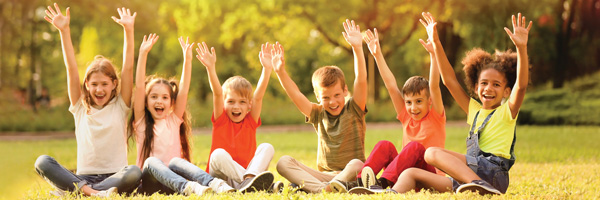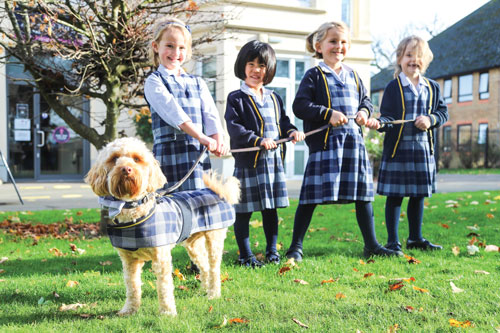
by Heather Cavanagh
Head of Pre-Prep & Prep Burgess Hill Girls
I think most parents would agree that outdoor play is a good idea for young children. The NCT, for example cites the following benefits of outdoor play; better sleep, a fun way to learn, development of motor skills, encouraging a healthy lifestyle, environmental awareness, making new friends and positive effects on parents too.
However, as the days get shorter and the weather colder and wetter, we are all probably guilty of opting to stay inside in the warm when deep down we know we would feel a lot better if we spent more time outside.
Here are some of our tips to help you and the family benefit from getting outside in the fresh air all year round:
1. There is no such thing as bad weather
As Alfred Wainwright, the famous walker and writer, once said, “There is no such thing as bad weather, only unsuitable clothing”. If you can kit your children out with the correct warm clothes, waterproofs and wellies they will be able to play outside happily for hours. You might be able to cut down on some washing too!
2. Pack a thermos
During winter walks with my children and now my grandchildren, I always like to pack a thermos with a hot drink. The Owen family from Our Yorkshire Farm enjoy tea in theirs but you could opt for hot chocolate or even some hot blackcurrant or orange squash, and if you are feeling really generous, maybe a few biscuits or a bit of chocolate. I find it to be a useful little incentive to add a bit of excitement to a winter walk. It often provides a special family moment where we can all have a chat together.
3. Leaves, leaves, glorious leaves
Autumnal walks have to be some of my favourite. All the trees are a beautiful array of colours and there is so much you can do with leaves; see if you can catch them as they fall, build big piles and dive into them or take them home for some crafting. Or why not incentivise your children to clear up all the leaves in your garden or drive for some pocket money.
4. Get sporty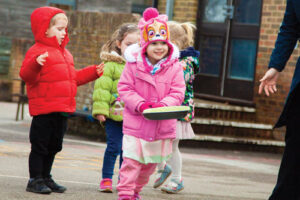
Encourage your children to take part in a sport that can be played in the winter. Most can, and I genuinely believe there is something for everyone. Team sports are a great way for children to make friends and a great incentive for children to want to go out and play or practise in the winter months.
5. Seafront walks
Being in Burgess Hill, we are fortunate that Sussex’s beaches are close by. Children love a seafront walk when the waves are crashing over the seawall and there’s a chance to get wet. If you do not have beaches nearby, get your appropriate waterproofs on and seek out some muddy puddles, if it is good enough for Peppa Pig, it has to be fun!
6. Pop to the shops
If your children are old enough and you feel it is safe to do so why not encourage them to run an errand to the local shop for you, maybe with a few pence for some sweets in it for them. Or perhaps you can all venture out together. Visiting the shop and buying some items is also a good opportunity for some impromptu maths too!
7. Borrow a dog
You may already have a dog, but if not I am sure you know someone who has one and most dog owners I know would be glad of your offer to take their pet for a walk. If your child is anything like our pupils who adore our school dog Jasper, they will jump at the opportunity to take a dog for a walk with you.
8. Night time adventures
For young children, being outside at night has something magical about it, especially if you can combine your adventure with a clear starry night, or a full moon, or just simply to go and check out your neighbourhood’s Christmas lights in December!
9. Painted rock trails
You might have heard of geocaching but did you know there are now painted rock trails popping up all over the country. Search out your local area’s web or social media pages and you will probably find details. Even better, paint your own, outside of course, and hide them for people to find on the trail.
10. Walk to school
Some families are lucky enough to be able to walk the whole journey to their school but everyone can walk at least some of the way. Just park a few streets away or further if you are feeling energetic. This will enable your child to notice the environment around them.
It will also teach them about road safety and allow you all to take part in a healthy activity together.
To find out more about Burgess Hill Girls, visit www.burgesshillgirls.com

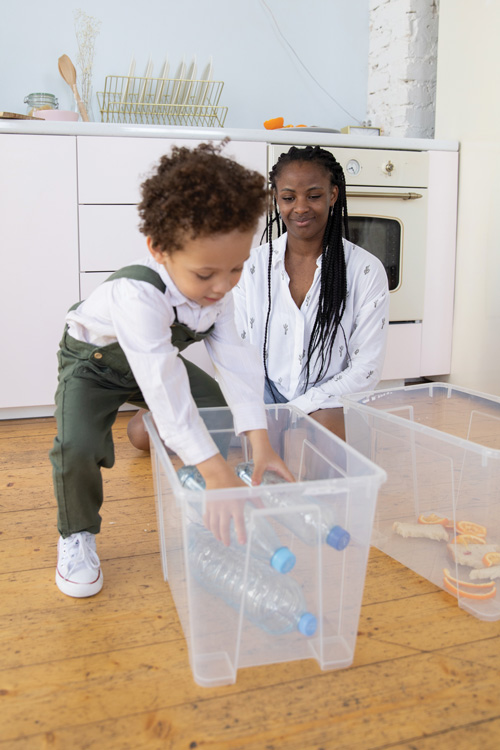
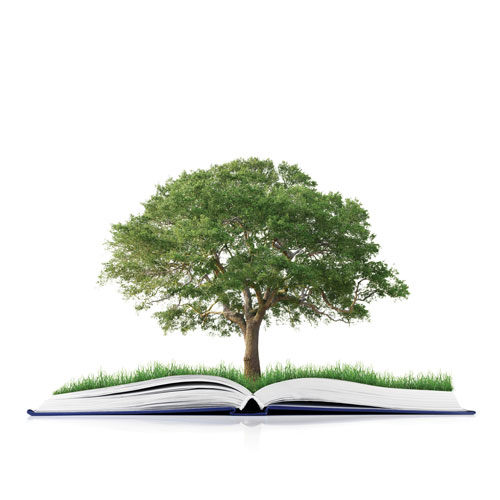
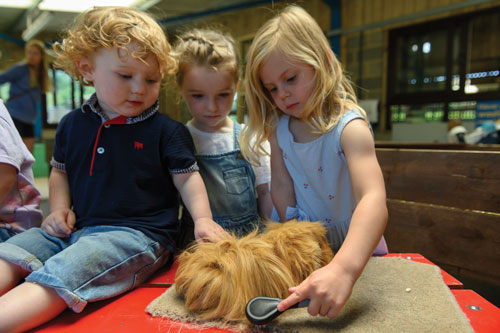
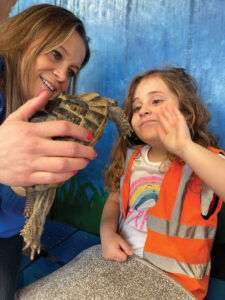 Animals also provide children with lessons about life (reproduction, birth, illnesses, accidents, death, and bereavement). Children have the opportunity to see lambs being born and eggs hatching. Animals provide knowledge in biology. When children spend time around the different animals they begin to understand basic biology and how that translates between animal species. Activities like grooming animals and feeding them, understanding what they eat and how food is digested, develops children’s knowledge and of course, children love discussing poo!
Animals also provide children with lessons about life (reproduction, birth, illnesses, accidents, death, and bereavement). Children have the opportunity to see lambs being born and eggs hatching. Animals provide knowledge in biology. When children spend time around the different animals they begin to understand basic biology and how that translates between animal species. Activities like grooming animals and feeding them, understanding what they eat and how food is digested, develops children’s knowledge and of course, children love discussing poo!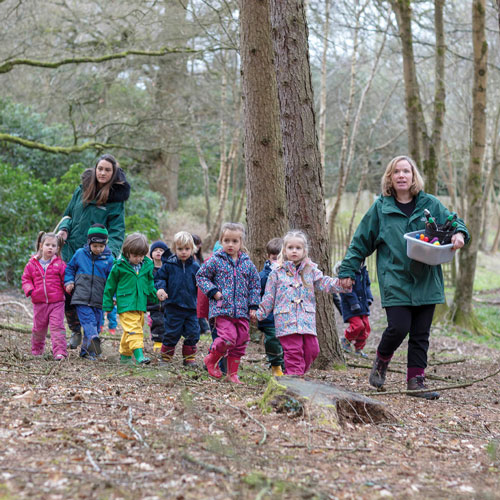
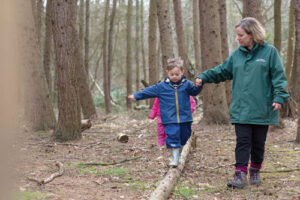 Helping schools to enhance their outdoor learning offering and ensure children can enjoy meaningful and effective lessons, the Forest School Association offers a national accreditation that schools can apply for to deliver both structured and unstructured outdoor sessions. At our school, we have a long-established Forest School programme, led by our own Forest School accredited teachers and trainers, who are able to deliver valuable outdoor sessions for children from the age of two upwards.
Helping schools to enhance their outdoor learning offering and ensure children can enjoy meaningful and effective lessons, the Forest School Association offers a national accreditation that schools can apply for to deliver both structured and unstructured outdoor sessions. At our school, we have a long-established Forest School programme, led by our own Forest School accredited teachers and trainers, who are able to deliver valuable outdoor sessions for children from the age of two upwards.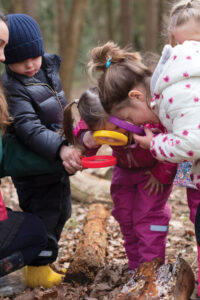 r experience, we have found that outdoor learning is particularly beneficial for younger children. They are given the space to be active and enjoy being noisy and messy, while engaging in play-based learning and exploration. With activities based on small, achievable steps, spending time outside helps to increase self-confidence and independence in the early years. Additional benefits of outdoor learning for younger children include improving their focus and attention, while physically helping to improve their balance, co-ordination and fine motor skills.
r experience, we have found that outdoor learning is particularly beneficial for younger children. They are given the space to be active and enjoy being noisy and messy, while engaging in play-based learning and exploration. With activities based on small, achievable steps, spending time outside helps to increase self-confidence and independence in the early years. Additional benefits of outdoor learning for younger children include improving their focus and attention, while physically helping to improve their balance, co-ordination and fine motor skills.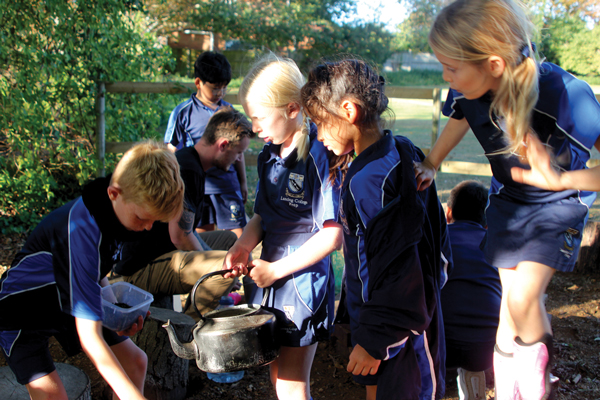
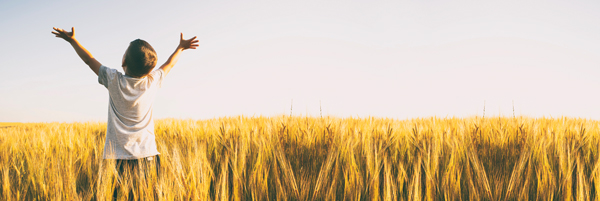

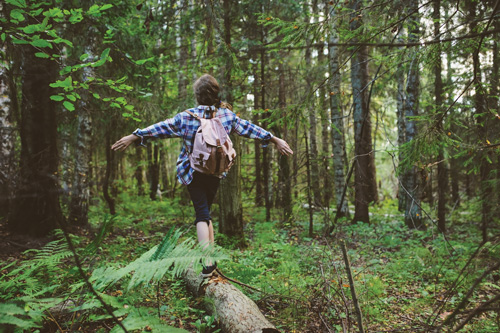
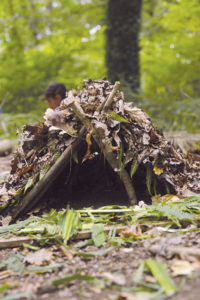 All that is needed is a bit of curiosity, a playful attitude and maybe a tiny bit of know-how. Paying attention to the ordinary and everyday that might have escaped our notice for years, can open the door to tiny adventures close to home. Outdoor play is not just a ‘nice to have’, it is essential for children to experience the world to learn about it and their place in it.
All that is needed is a bit of curiosity, a playful attitude and maybe a tiny bit of know-how. Paying attention to the ordinary and everyday that might have escaped our notice for years, can open the door to tiny adventures close to home. Outdoor play is not just a ‘nice to have’, it is essential for children to experience the world to learn about it and their place in it.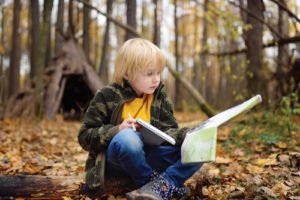 Learning about our neighbour-hood nature connects us to where we live and makes us feel more at home. The more time spent outdoors, the more you notice the patterns of the changing seasons; get to know the sights, sounds and smells of your local wildlife; and enjoy ‘slow time’ as you lose yourself in the fascination of nature. Creativity, resilience and positive attitudes towards the environment and exercise are forged in outdoor play. Understandable fears of busy roads and encounters with strangers can make parents and carers feel anxious about letting their children and young people play out of sight but it is vital that all young people have opportunities for unstructured outdoor adventures.
Learning about our neighbour-hood nature connects us to where we live and makes us feel more at home. The more time spent outdoors, the more you notice the patterns of the changing seasons; get to know the sights, sounds and smells of your local wildlife; and enjoy ‘slow time’ as you lose yourself in the fascination of nature. Creativity, resilience and positive attitudes towards the environment and exercise are forged in outdoor play. Understandable fears of busy roads and encounters with strangers can make parents and carers feel anxious about letting their children and young people play out of sight but it is vital that all young people have opportunities for unstructured outdoor adventures.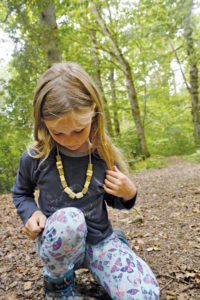 On your wild days out, it is very important to remember that the world is not a playground for humans but the habitat for us and all other living things. At the very least, we should try and leave as little trace of our activities as possible. It would be fantastic if we could leave things in an even better state than we found them and to have a positive impact on our environment.
On your wild days out, it is very important to remember that the world is not a playground for humans but the habitat for us and all other living things. At the very least, we should try and leave as little trace of our activities as possible. It would be fantastic if we could leave things in an even better state than we found them and to have a positive impact on our environment.